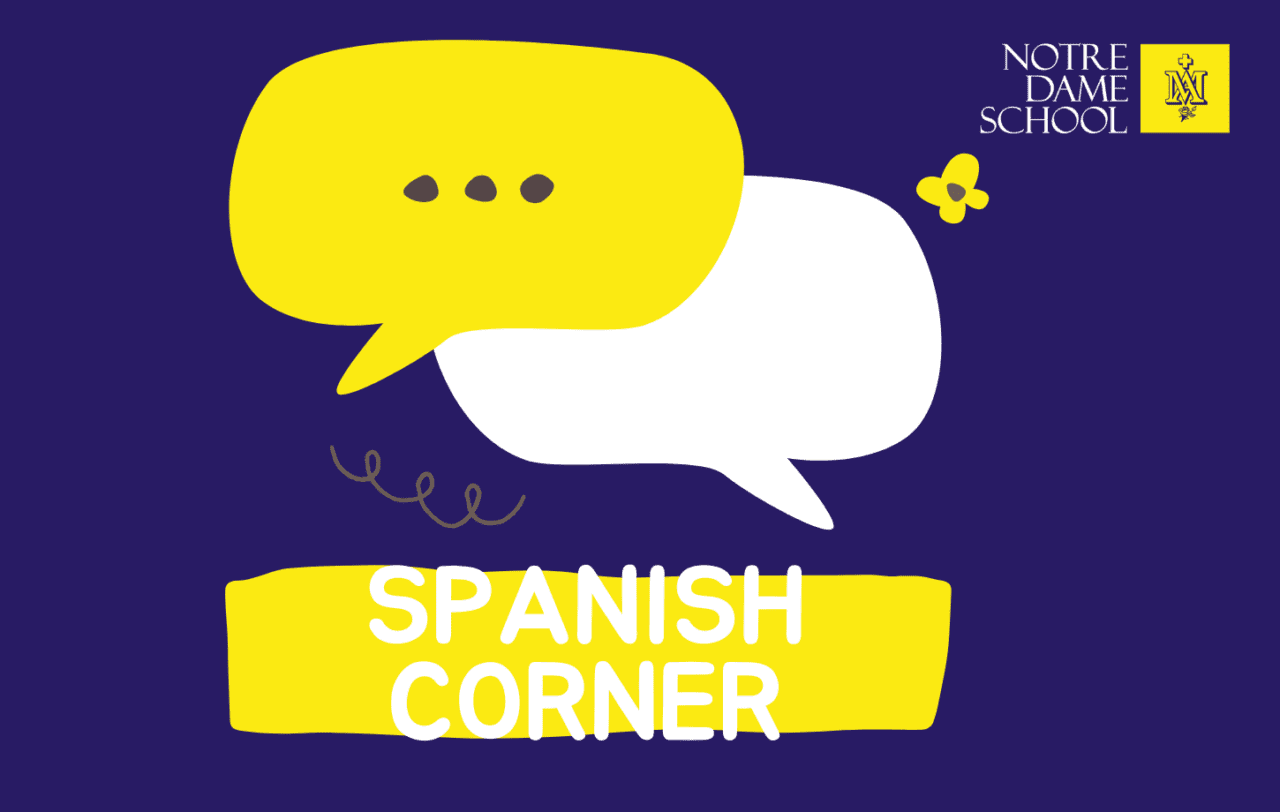Corpus Christi (Latin for “Body of Christ”) is a major Roman Catholic feast celebrating the real presence of Jesus Christ in the Eucharist. In Spain, it is one of the most traditional and visually striking religious festivals, observed on the Thursday after Trinity Sunday (60 days after Easter Sunday). In some regions, celebrations may be moved to the following Sunday.
Historical Significance
Corpus Christi was introduced in the 13th century and became widely celebrated across Catholic Europe. In Spain, it gained special importance during the Counter-Reformation and has been celebrated with public processions and theatrical displays for centuries.
Key Elements of the Celebration
- Eucharistic Processions: At the heart of the celebration is a solemn procession featuring the Blessed Sacrament, often carried in a beautifully decorated monstrance. Clergy, altar servers, local dignitaries, and children in First Communion outfits often take part.
- Alfombras de flores (flower carpets): In some towns, streets are covered with intricate carpets made of flower petals, colored salt, or herbs in preparation for the procession.
- Traditional Dress and Music: Participants often wear traditional or ceremonial clothing. The processions are usually accompanied by marching bands or religious choirs.
- Street Decorations and Theatrical Performances: Towns may decorate balconies with religious symbols and hang embroidered cloths. In some places, historical or biblical reenactments are performed.
Notable Celebrations
Some of the most famous Corpus Christi events in Spain include:
- Toledo: Home to one of the most elaborate and oldest processions, where the monstrance is paraded through the streets in a centuries-old tradition.
- Granada: Known for its festive atmosphere with parades, fairgrounds, and religious ceremonies.
- Sevilla and Valencia: These cities host impressive processions and community events.
- La Orotava (Tenerife, Canary Islands): Famous for its enormous and intricate floral carpets.
Public Holiday
Corpus Christi is a public holiday in some parts of Spain, such as Castile-La Mancha, though it is not nationally recognized in all regions.
